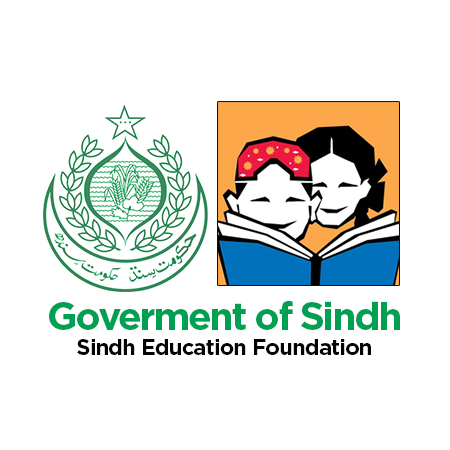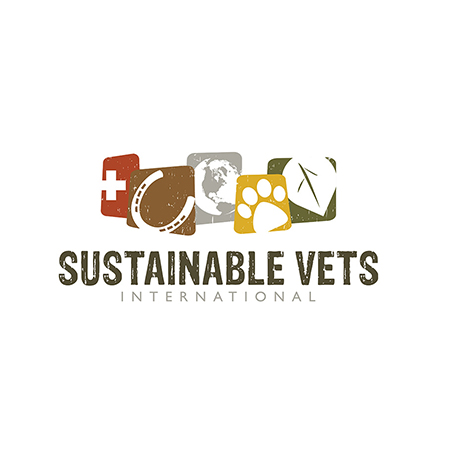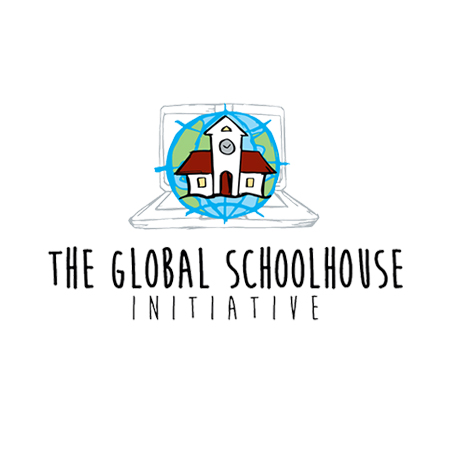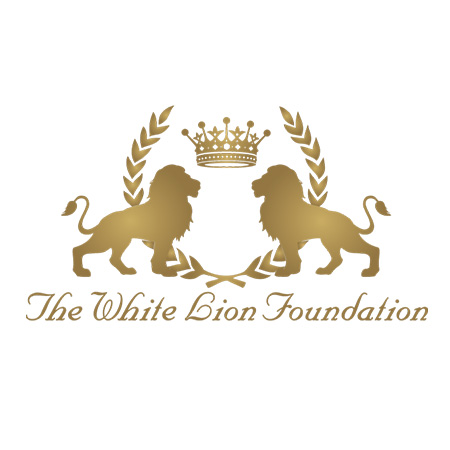Our Work
Guided by a vision that all living beings are treated with dignity, kindness and compassion, Join Hands has been committed to facilitating impactful, sustainable change towards the improvement of animal welfare.
For every project we consider we ask ourselves some of the following questions:
- Can it improve the lives of animals in a substantive way?
- Can we empower the relevant communities?
- Is there opportunity for human behaviour change?
- Is it sustainable?
- Will it have impact?
With these considerations in mind, we delve into our collaborative work!
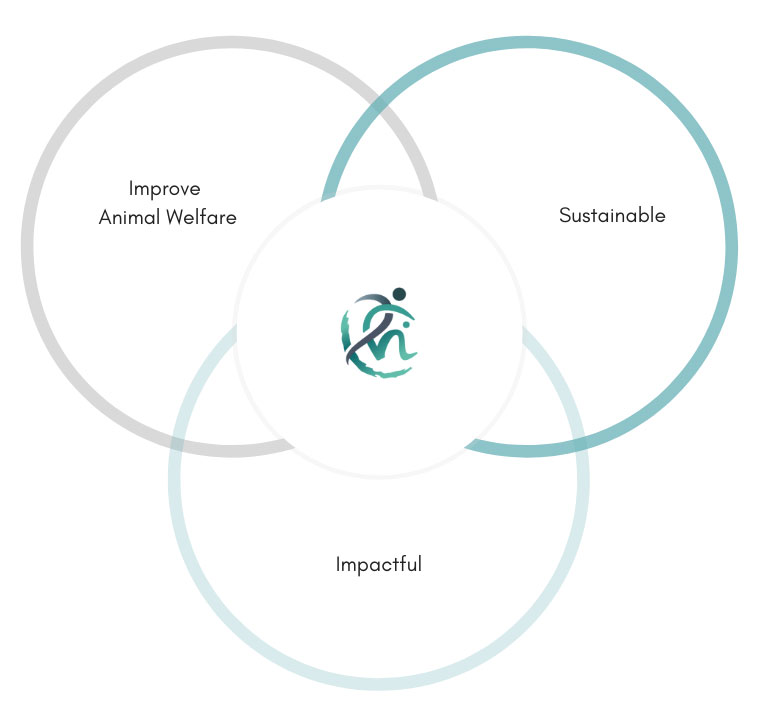
Currently, the majority of our work is in Pakistan. We are so fortunate to have the opportunity to work with and learn from some of the global leaders in animal welfare to develop programs that affect animals and their communities. We also work determinedly on developing strong relationships with the public and private sector in Pakistan to ensure that programs will ultimately be owned, managed and maintained by the local communities.
Our hope is that by joining hands everyone involved will be empowered to facilitate change for a better future for all living beings!
Our Current Projects
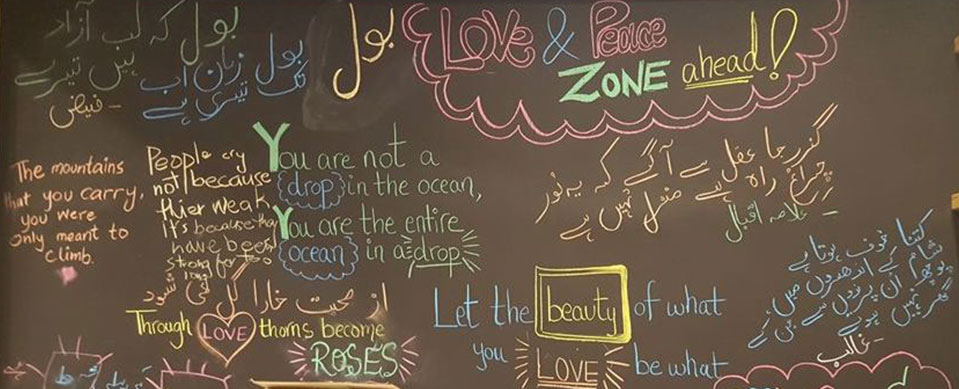
Humane Education
After years of hard work by a team of people all over the world, we launched Caring For Life Education in Pakistan in partnership with the Sindh Education Foundation!
Caring For Life is a foundation course in Learning to Live Together, based on the United Nations Education, Scientific and Cultural Organisation (UNESCO’s) Four Pillars of Education. CFL encompasses education relating to social welfare and citizenship, animal welfare and environmental issues. It is an ongoing process that recognises the interdependence of all living things.
This incredible humane education curriculum is being delivered to 3,000 students in 50 SEF Assisted primary schools in the Sindh province in just the first year, and will grow each year during the 3-year pilot to a reach of 20,000 students and 600 teachers!
In February, 2020, trainers for the program gathered together in Karachi for the program launch event and the week-long training workshops. They were joined by CFL Master Trainer Kerenza Vlastou and Dr. Bill Samuels, who is heading the scientific evaluation of the program.
Due to the conditions and impact of COVID-19, however, we and our SEF partners made the difficult decision to delay the launch of CFL in Pakistan by one year to allow the government, educators and students and their families to adapt to the effects of the pandemic on school life.
But with every challenge lies opportunity! As we awaited the launch of CFL in the coming 2021/2022 academic year, Join Hands hosted a 5-month Webinar Series for the SEF Master Trainers titled “The Value & Impact of Humane Education”. The goal of this professional development event was to share extended information about humane education and associated animal welfare and environmental issues that exist and may thereby be improved through human behaviour change. We were joined by presenters from all over the world who are leaders and changemakers and it was an inspiring way to maintain momentum and motivation for the entire project team.
As the new school year draws near, we are very excited to finally launch this wonderful program! Stay tuned for updates in the coming year!
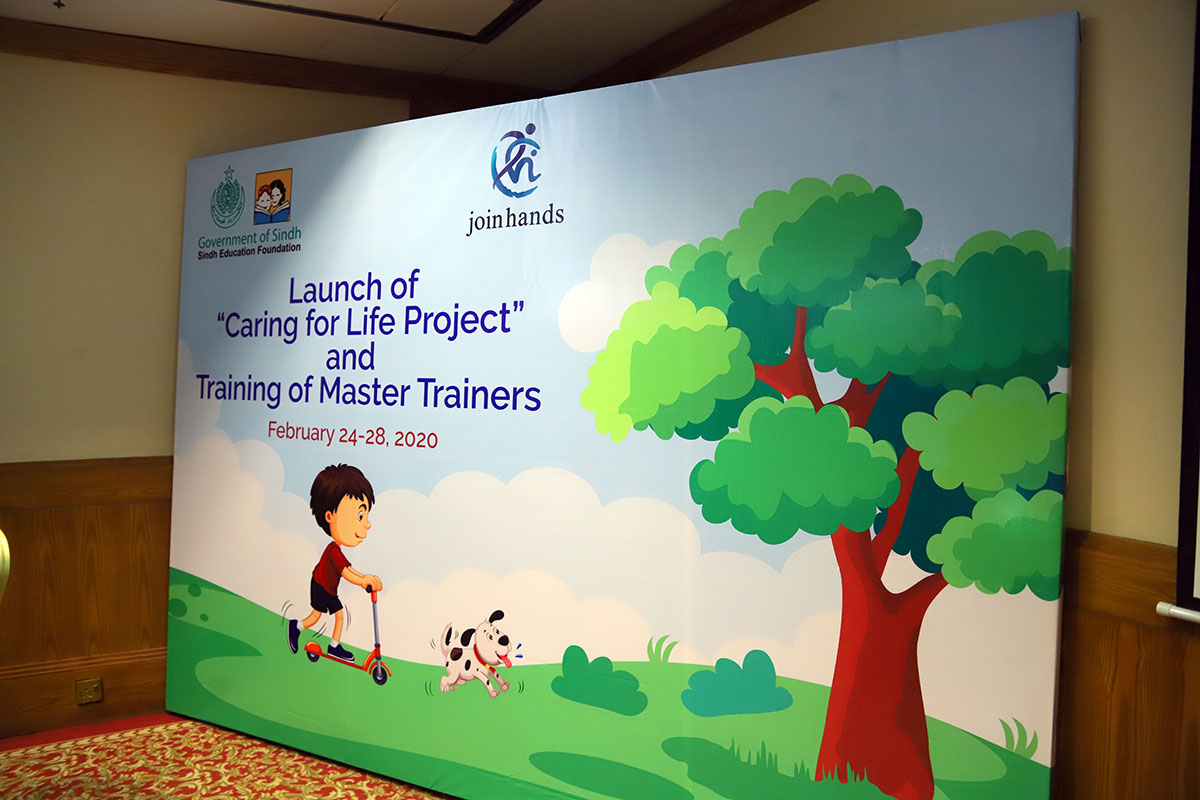
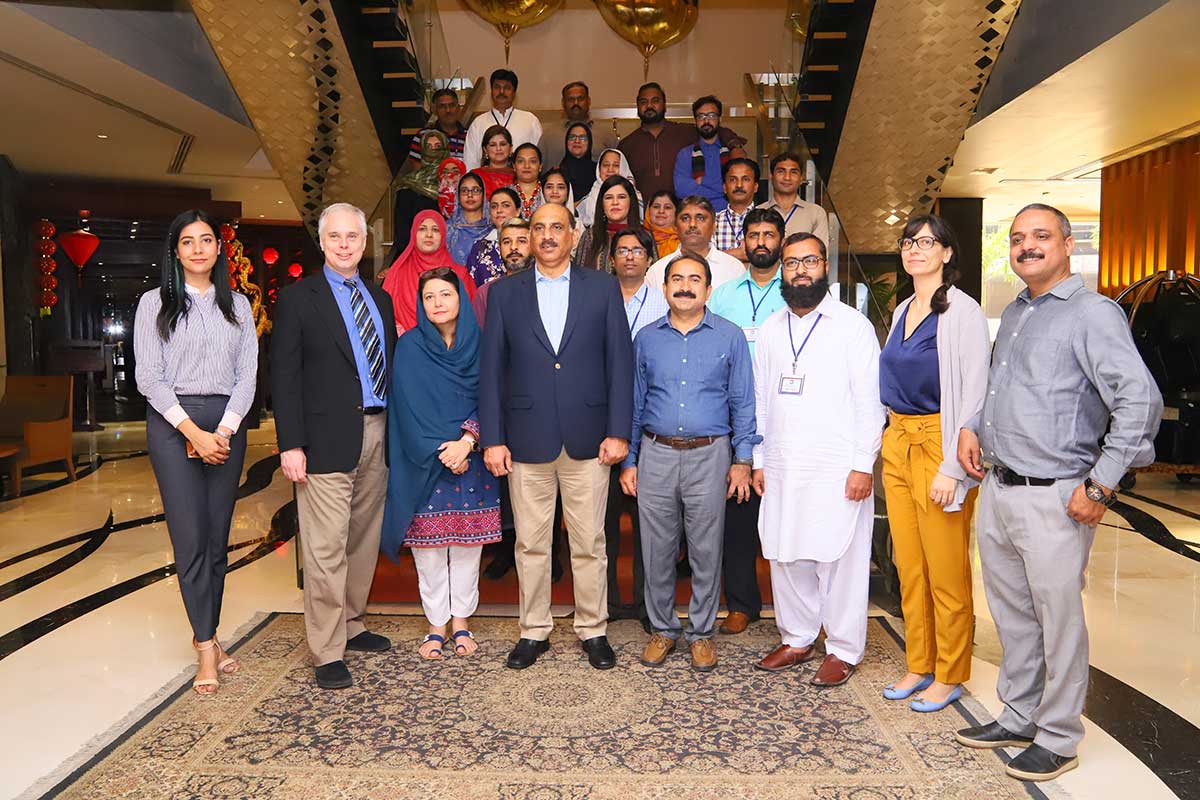
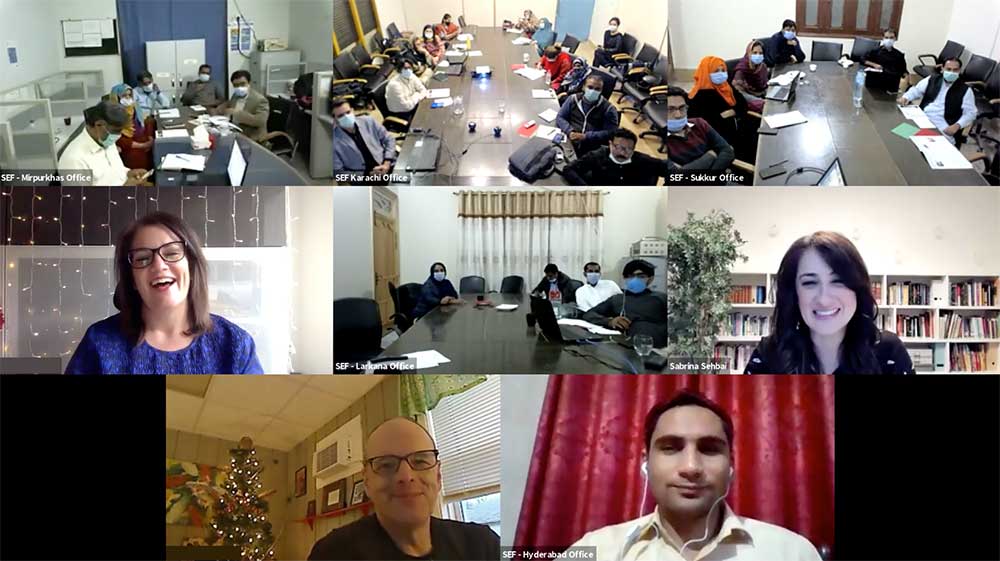
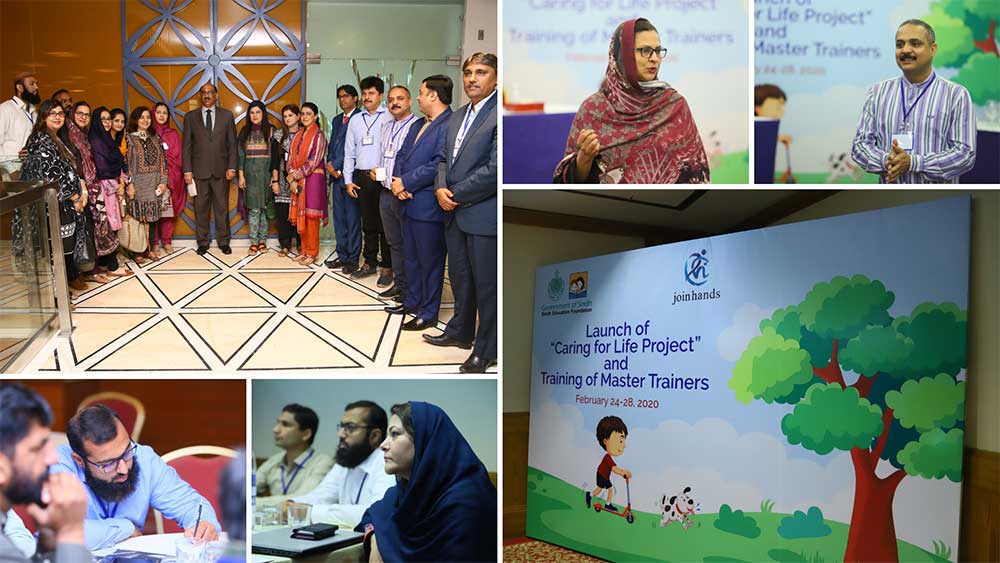
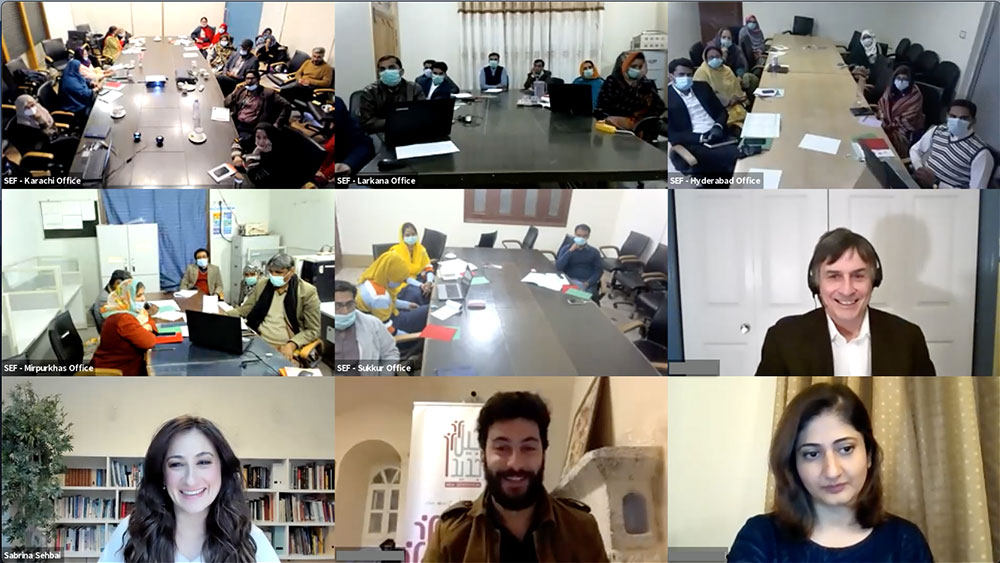
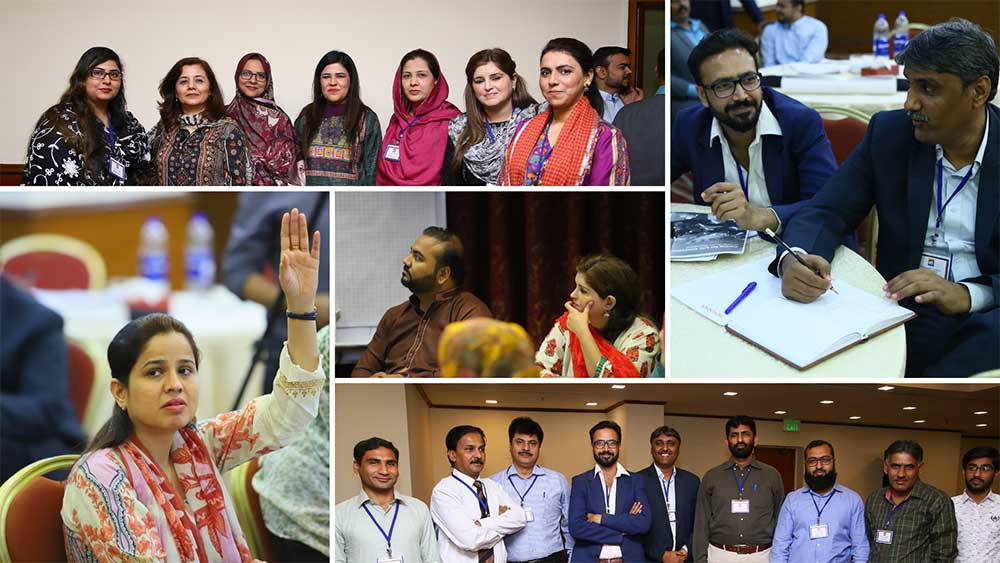
“We are so grateful to everyone who has helped us achieve launching this amazing curriculum! It is a ground-breaking program that will contribute to a more compassionate and empathic society by teaching children about care and respect for all living beings”
~ Sabrina Sehbai, Director
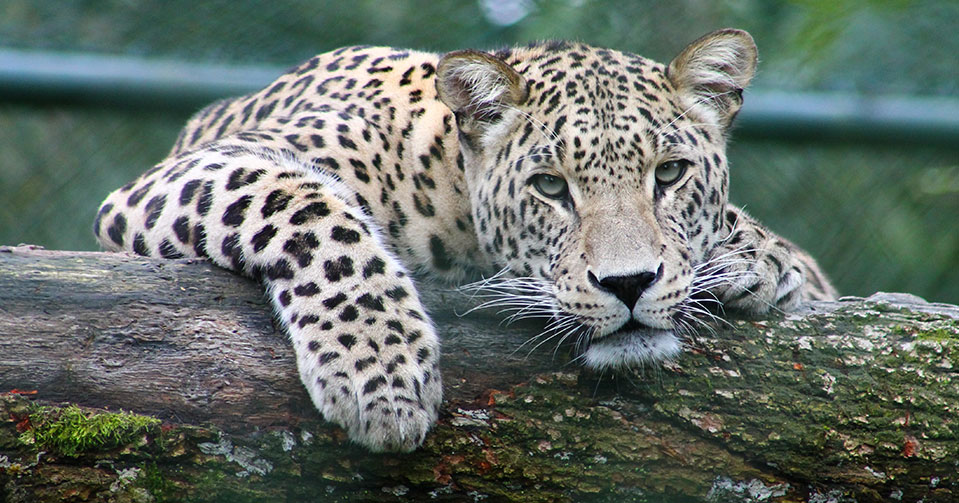
Wildlife & Conservation
Since 2019, Join Hands has been in discussions with the Ministry of Climate Change. During our preliminary discussions, the Federal Minister of Climate Change, Ms. Zartaj Gul, had expressed interest in the vision Join Hands proposed to focus more on endemic species and nature-based facilities at the Islamabad Marghazar Zoo.
We were set to conduct an assessment of the facility in March 2020, however, the COVID-19 crisis prevented our team from coming to Pakistan. Then, in June 2020 the Islamabad High Court issued a landmark order to shut down the zoo and relocate all of the existing animals. During this time, due to the ever-changing climate on the ground regarding animal relocation activities, the rehoming of Kavaan the elephant and personnel changes, we had to put our work on hold while the situation regarding the closed zoo stabilized.
In September 2020, Join Hands signed a Letter of Support with the Islamabad Wildlife Management Board (IWMB) and the Ministry of Climate Change for the Redesign & Redevelopment of the Marghazar Zoo. Moving forward, Join Hands’ team of international wildlife and zoological experts will provide consult and guidance in collaboration with the IWMB to reconceptualize a new, more sustainable kind of park and wildlife facility in Pakistan: the Margallah Wildlife Center.
Together with the new management team of the IWMB, we will strive to bring new animal welfare concepts to life in Pakistan: a facility that is regionally focused and celebrates Pakistan, that upholds conservation and biodiversity efforts, and above all promotes and upholds animal welfare and education.
We are excited to be a part of this unique and precedent setting initiative in Pakistan, and proud to be working with such a visionary and motivated group of people within the IWMB!
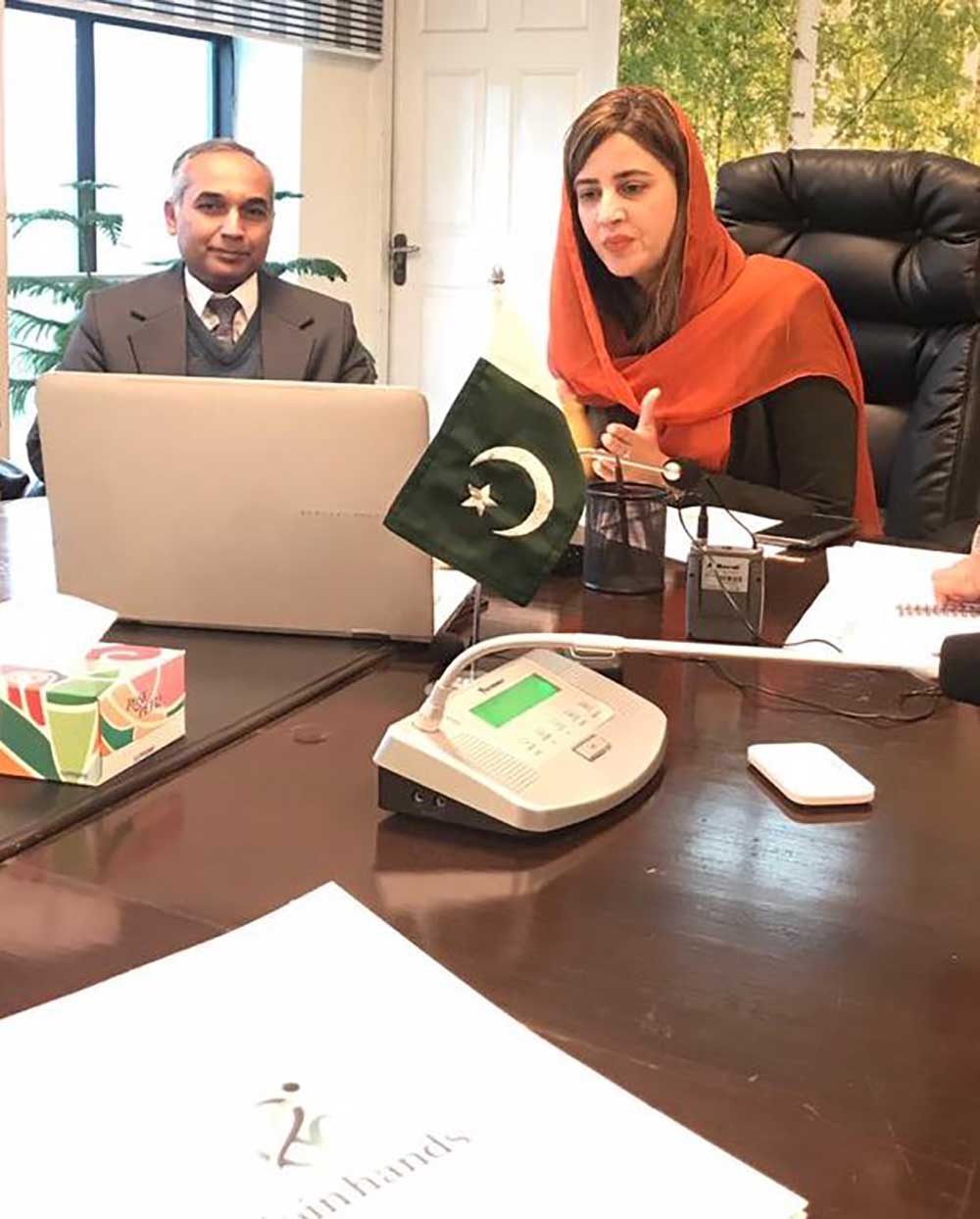
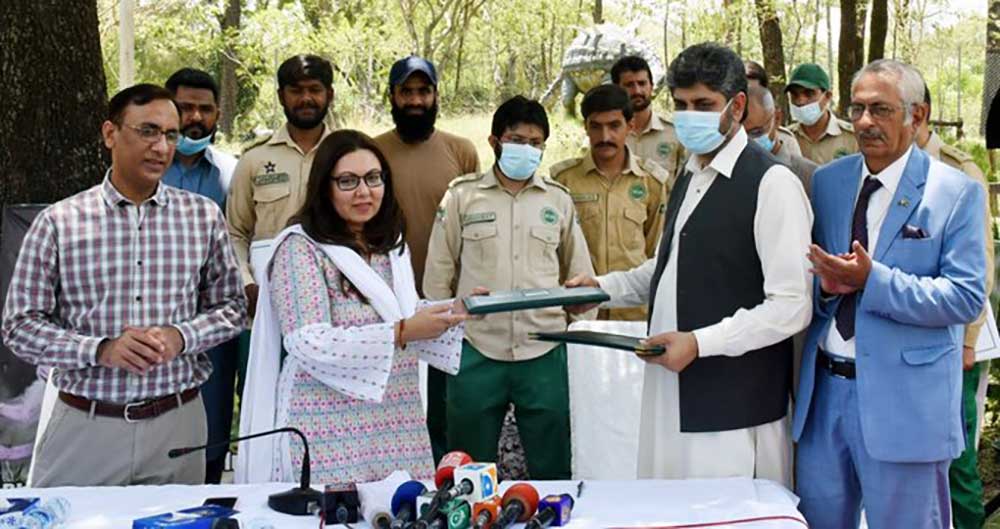
“IWMB is working on detailed plans for the Margallah Wildlife Centre with Join Hands, a registered charitable society guided by a vision that all living beings are treated with dignity, kindness & compassion. Join Hands’ team of international wildlife experts will help us build amazing facility!”
~Rina Saeed, Chairwoman, IWMB
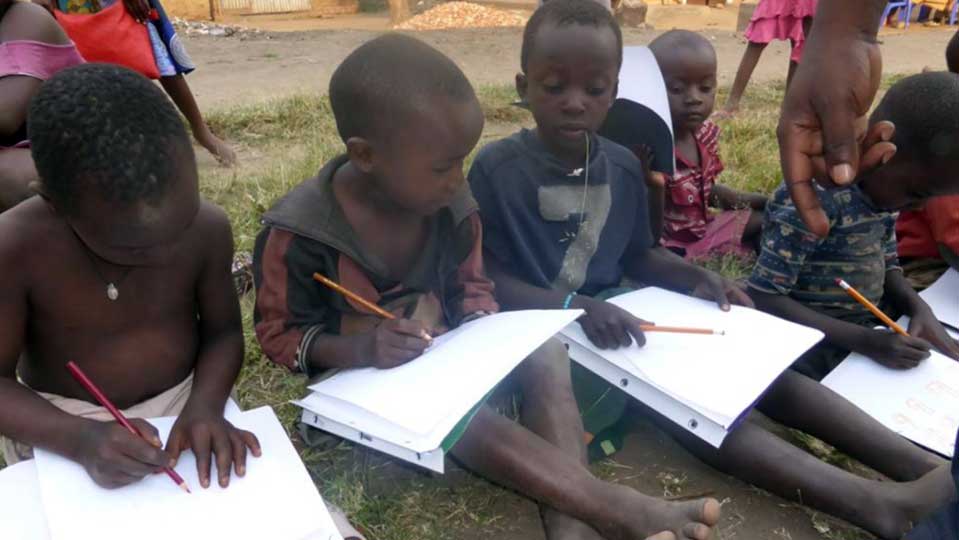
Peace Education
Join Hands has been invited by The Global Schoolhouse Initiative (GSI) to develop a humane education subject stream for their K-8 curriculum, focusing on care and compassion towards animals. It is a remarkable opportunity to share the importance of empathy and recognizing the sentience of all livings beings with children who may not experience it themselves.
Join Hands is currently working with the GSI team on the development of lesson plans for a humane education subject stream for their K-8 curriculum, focusing on care and compassion towards animals. It is a remarkable opportunity to share the importance of empathy and recognizing the sentience of all livings beings with children who may not experience it themselves.
GSI created their innovative, sustainable, FREE program to help at risk children thrive in the midst of their daily struggles. They have already launched Schoolhouses in Mexico and Uganda, and have future Schoolhouses in development for Columbia and Rohingya. To learn more about their exemplary work, please visit them at The Global Schoolhouse Initiative.

“For children at risk, education can be the most precious gift imaginable. It can give them the strength to cope with their daily struggle for food, shelter, and safety, and the imagination to dream of a better future. But right now, far too many children are being denied education — and hope. Peace education and resilience training can help children cope, and act as a fortress against violence. Allowing children to learn mental and emotional skills necessary to become leaders — and future peacemakers.”
~ The Global Schoolhouse Initiative
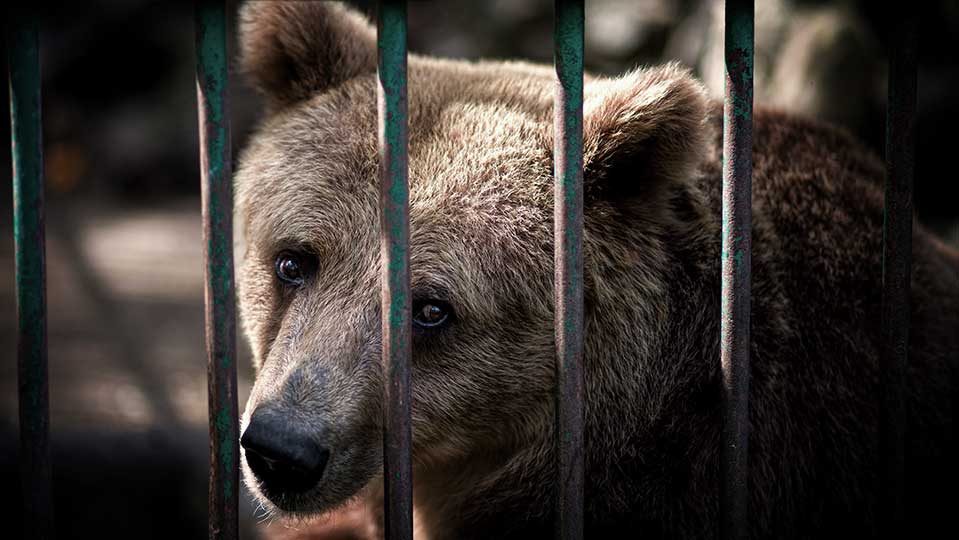
Wildlife In Captivity
Over the past several years, Join Hands has been actively engaged with governments and changemakers in Pakistan to address the ongoing wildlife in captivity concerns throughout the country, specifically with regards to zoos. Through these ongoing communications, our team of international zoological and wildlife experts provide consultation and feedback in hopes of facilitating positive change towards improved welfare standards.
Today, many countries still lack the basic constitutional foundations that reflect the humane treatment of animals, or have outdated and inadequate provisions. This is particularly often the case with captive wild animal facilities such as wildlife rescue centres and zoos. Despite the common claim that these facilities are beneficial, the educational or local conservation benefits are often lacking or non-existent. The traditional zoo model is one that is struggling and failing throughout the country, and indeed throughout the world.
The past decade has seen numerous issues arise pertaining to the state of the animals, particularly wildlife in captivity, in Pakistan. These issues have inspired numerous private citizens, animal welfare activists, animal and conservation professionals and even government officials to call for change. We work to provide support to these groups in hopes of creating impactful, sustainable solutions for animals and their caregivers to promote the highest quality of life and care.
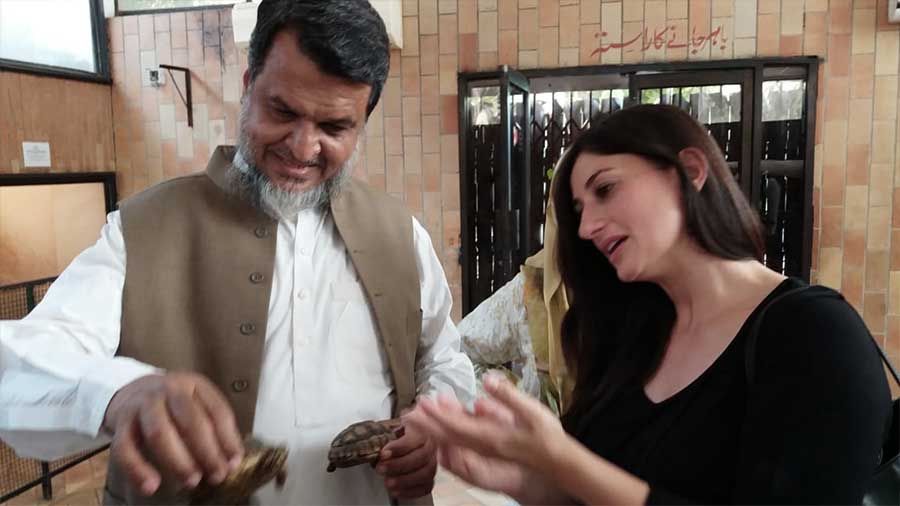
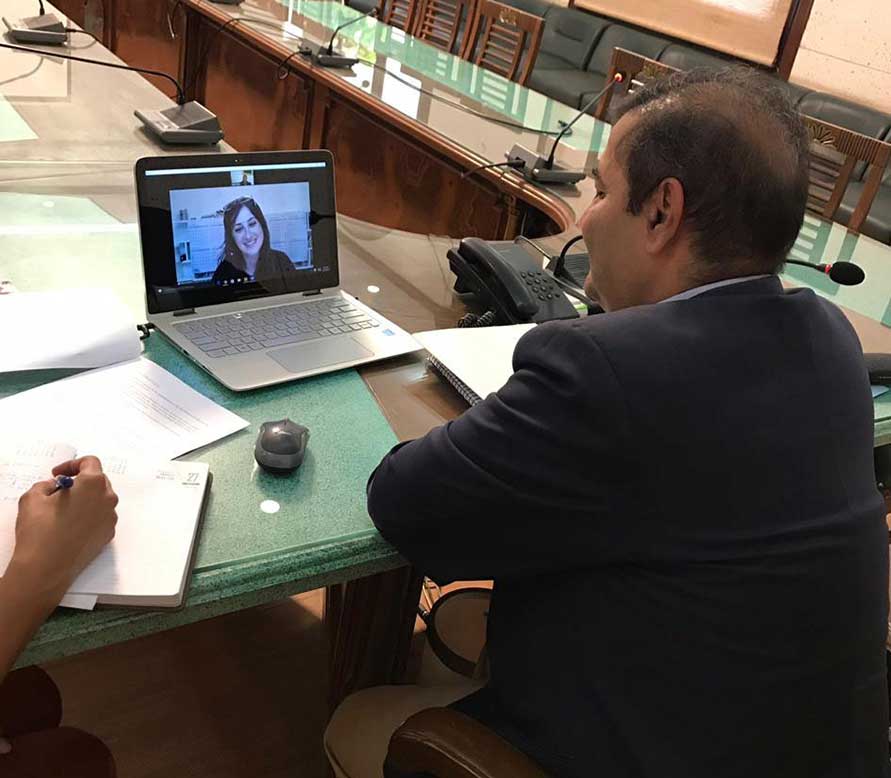
“Pakistan is a rich culture with a diverse range of plant and animal species and there is great opportunity to support regional conservationism in a sustainable way that also upholds international standards for animal welfare and operations. Join Hands hopes to facilitate efforts towards upholding those standards while promoting local conservation “
~ Sabrina Sehbai, Director

Dog Population & Rabies Management
For years, we have been working hard to network and engage with representatives at all levels of government in Pakistan to address the ongoing culling practices that are currently used to control street dog populations and rabies.
Recognizing that education is at the core of any successful initiative, our goal is to try and work with government to first create awareness and understanding about street dogs and rabies, and highlight the importance of government led programs to sustainably address local concerns.
In collaboration with world renowned organizations and professionals leading global best practices for street dog population management and rabies eradication, we have been offering consult and proposed sustainable program solutions to various municipal bodies in Pakistan.
It is a slow and steady process, as many barriers to change exist. But with consistent effort, a compassionate approach and the support of our expert global partners, we hope our ongoing consultative efforts will lead to lasting change for communities and street dogs in Pakistan.
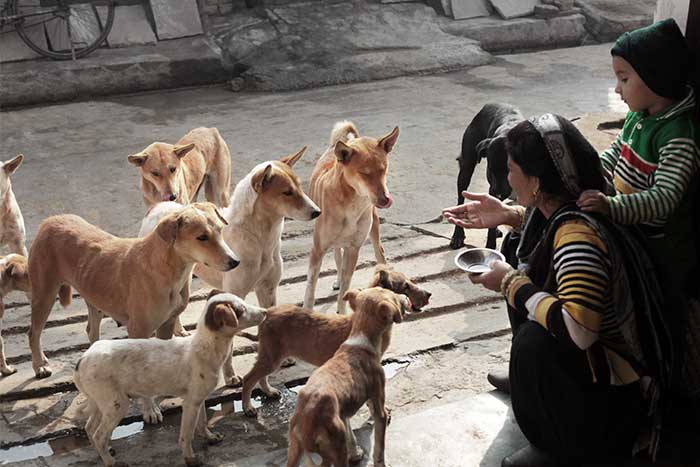
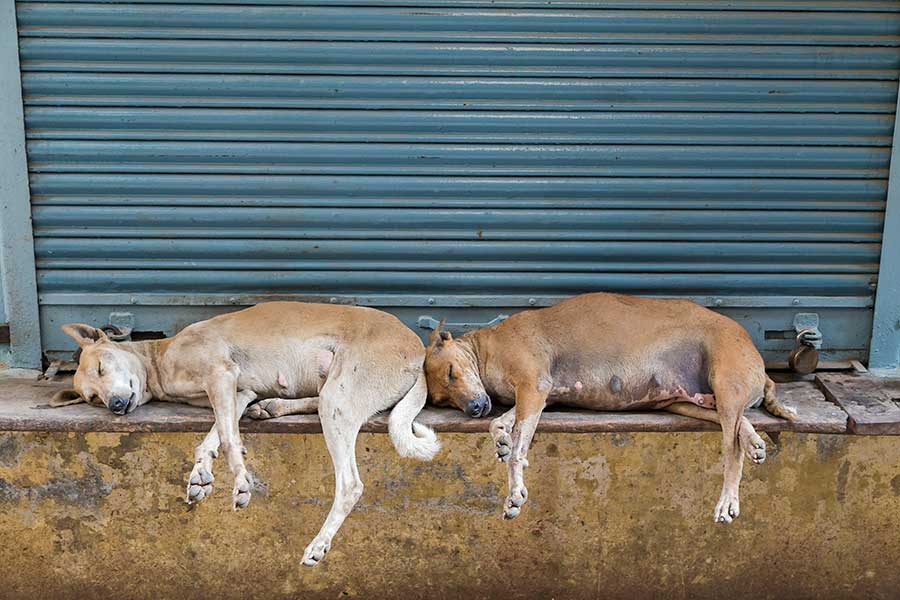
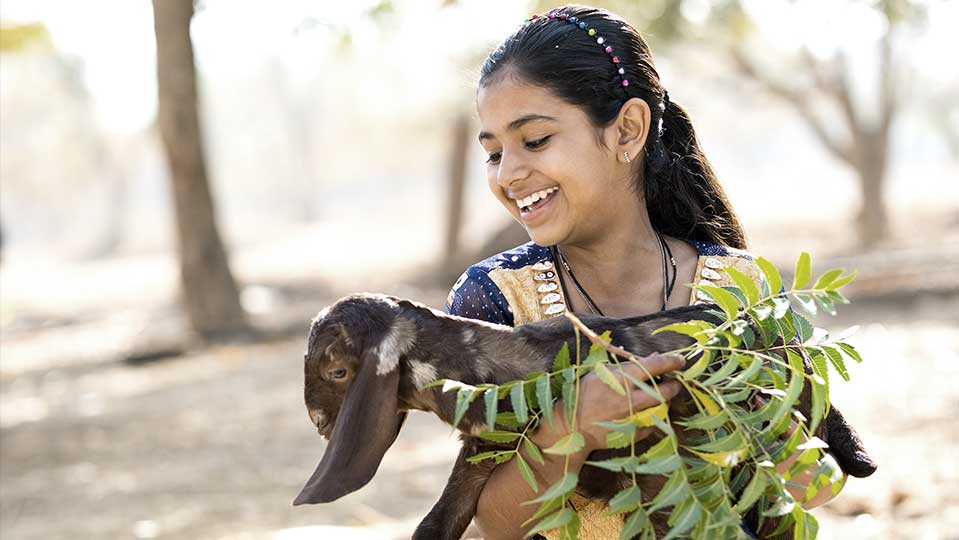
Projects In Development

One Welfare Education
We are in the development phase of an innovative character education course – One Welfare Education – for primary schools in developing Asian countries. It will be a unique stand-alone curriculum utilizing inquiry-based learning methods and aligned with the United Nations Sustainable Development Goals. This inspiring course will cultivate the development and practice of character virtues, aiming to improve prosocial and empathic behaviours and develop positive attitudes in children towards animals and the environment
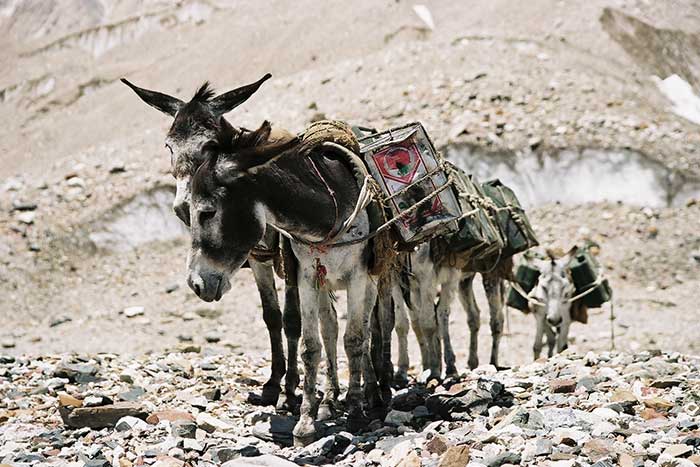
Veterinary Care
In ongoing collaboration with veterinarians in the United States, Europe and Asia, we are developing a template rural animal hospital program to provide working animals and their owners with medical services and education. The goal for a hospital would be to create jobs for trades people in rural areas by educating them in various skills, creating jobs for veterinarians and animal care workers to become experts and ambassadors in their respective communities, providing veterinary services and education to poor owners of working animals to assist with their economic growth and opportunity, and providing education to rural communities about coexistence with animals.

Rescue / Rehab / Rehome
Through collaborations with conservation and rescue focused charities and veterinarians, we are supporting the rescue and rehoming efforts for various wildlife in need. Whether these animals exist in public or private captive wildlife facilities or are victims to wildlife trade, we work to facilitate assisting these animals find new homes by navigating the complex web of relocation, education and conservation.

Legislation
With the support and partnership of animal welfare and legal experts we are hoping to provide realistic and effective consultation on animal welfare laws in Pakistan. Our partners are able to assist with the implementation and monitoring of changes, in cooperation with governmental, legal and local authority bodies.
Our Partnerships
Our success is entirely dependent upon the partnerships we share with these incredible organizations.
We encourage you to learn more about the remarkable work that they do and how you can support them in their efforts.


